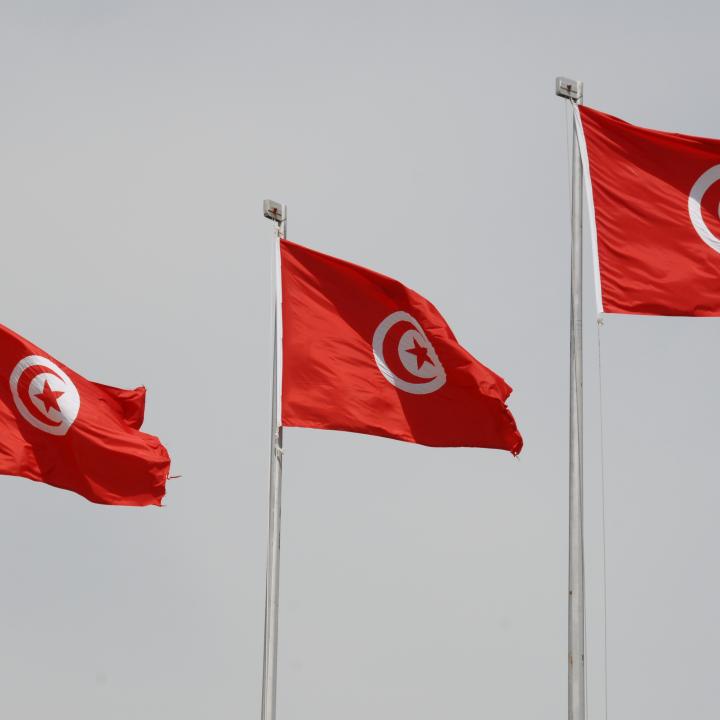
- Policy Analysis
- Articles & Op-Eds
Has the West Learned to Work with Tunisia?
Jun 21, 2024
Also available in
Also published in National Interest




